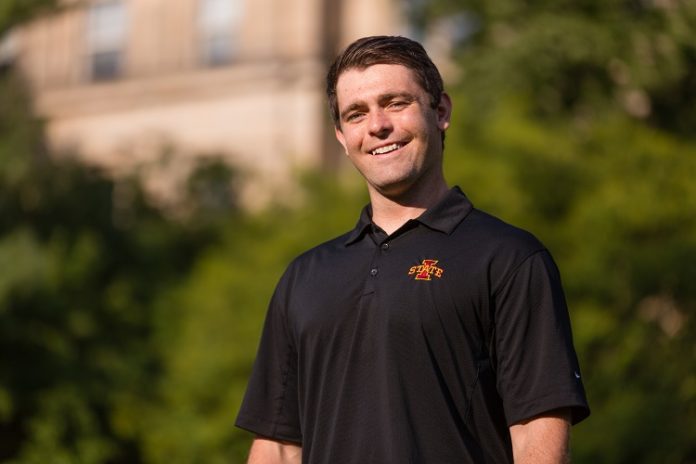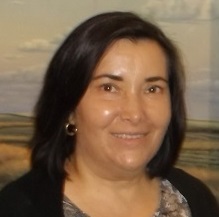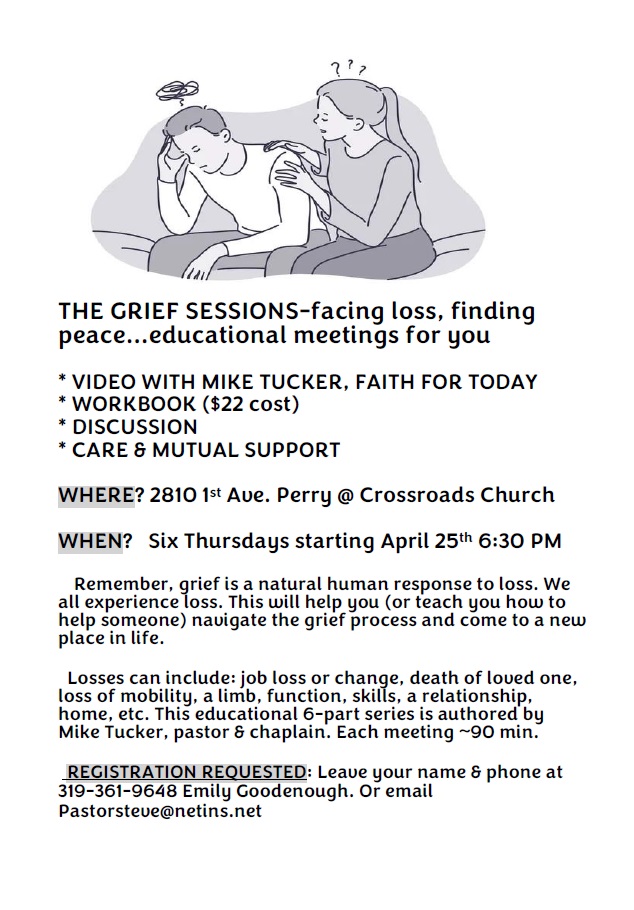
AMES — Jordan Arellanes is on a mission to improve the lives of Latino families.
The Iowa State University doctoral student in the Department of Human Development and Family Studies strives to help families prepare for a better future in which their children go to college.
“Research isn’t just made to be published,” according to Arellanes, a native of Golden, Colo. “It’s made to impact people’s lives. I want to share the untold story that needs to be written.”
Arellanes holds the Dorothy A. Wyant Fellowship in Family Health at ISU, but his devotion to the Latino population stems from his experience as an undergraduate at Colorado State University.
While at CSU, he volunteered with the Campus Connections program, formerly known as Campus Corps, and there he found his desire to help children reach their goals through academics. He also realized that many parents deserve a lot more praise than they receive.
“I have a passion for acknowledging the efforts of Latino fathers and helping them better their children’s education,” Arellanes said.
Although many Latino fathers possess the internal drive to see their children succeed in school, Arellanes said he believes current research models have not adequately assessed fathers’ contributions and strengths.
For instance, when school districts schedule parent-teacher conferences during the day, it’s problematic for fathers who support their families during the second or night shift, he said.
“When we’re trying to measure things like father involvement based on visits to a child’s school,” he said, “we aren’t understanding the different ways that fathers are going over and beyond traditional means of bettering the lives of their families. We’re missing how that is really affecting the measurements of father involvement.”
Arellanes said learning more about a father’s involvement can have positive effects well beyond the educational success of children in a particular family.
“By having fathers more involved with their children,” he said, “I see endless possibilities not just to help those children directly but really to benefit society in general and to build the next generation.”
Arellanes’ research has involved data collection and analysis as well as observing how data is put into practice through a program called Juntos Para Una Mejor Educación (Together for a Better Education).

Last fall he worked side by side in Perry with Rosa Gonzales and Carolyn Steckelberg, human sciences specialists with ISU Extension. He also worked with Flor Romero de Slowing from the Gear Up Iowa program as the Juntos program was implemented with Latino families in Perry.
“While we’re collecting data via Juntos, we are also making a difference in people’s lives,” Arellanes said.
Arellanes presented his research in a special selection poster session addressing diversity issues at the Society for Research on Adolescence’s biennial meeting in spring 2016. He will also deliver a concurrent session and poster session at the National Council on Family Relations’ annual conference in early November.
















